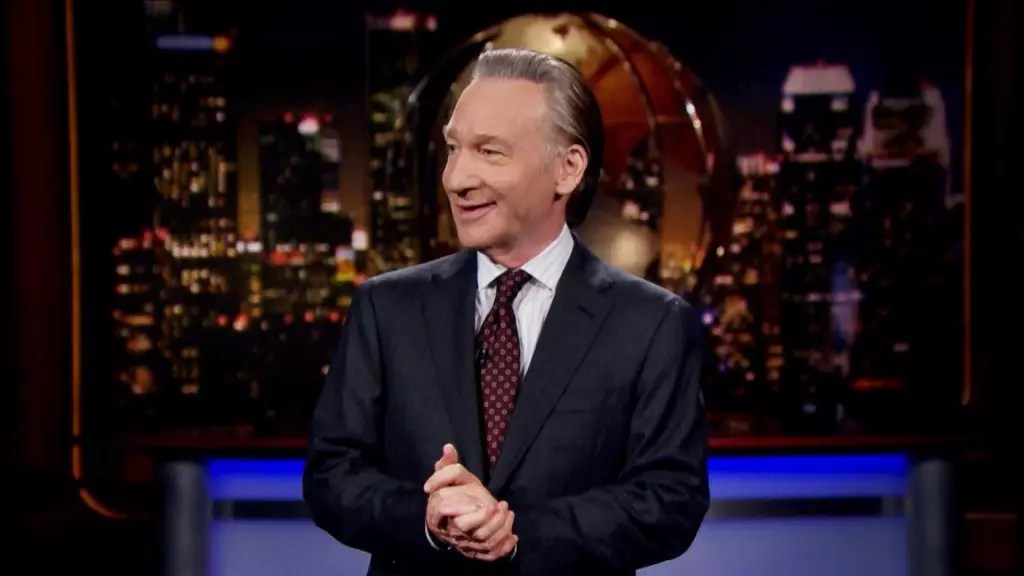Eric Schlosser, renowned for his work on the fast-food industry, recently appeared on Bill Maher’s Real Time to discuss the dangers lurking in the food supply chain. He highlighted the fact that a few “enormous corporations” have monopolized the food industry over the past four decades, leading to a false sense of choice among consumers. These corporations, Schlosser emphasized, hide behind various brands, making it appear as though consumers have a range of options when in reality, their choices are limited by corporate interests.
Schlosser pointed out that ultra-processed foods, which are engineered to be irresistible to consumers, contain a plethora of chemicals that are foreign to human bodies. These foods, laden with new flavor enhancers, additives, and emulsifiers, pose a significant risk to public health. Schlosser warned that these chemicals, which would never find a place in a home kitchen, are now a regular part of many people’s diets. He underscored the importance of consuming real, whole foods over processed options, emphasizing the need to obtain essential nutrients from a variety of plants.
One of the most alarming revelations made by Schlosser was the potential for a pandemic looming in Texas. He noted that bird flu had been discovered in cows at mega-dairies in the state, yet the federal government had been barred from testing the livestock or workers. This situation, according to Schlosser, exemplifies how private interests can jeopardize public health. He called attention to the fact that the food industry’s lobbying efforts surpass even those of the defense industry, showcasing the disproportionate influence of corporate entities in shaping public policy.
During the panel discussion on Real Time, Frank Bruni and Douglas Murray echoed Schlosser’s concerns about the state of public discourse. They lamented the prevalence of divisive language and urged for a return to a more balanced and nuanced dialogue. Bruni highlighted the importance of critically examining the flaws and shortcomings of political candidates, regardless of one’s personal beliefs or affiliations. Murray emphasized the media’s role in holding power to account, likening journalists to watchdogs that must scrutinize and challenge authority.
Bill Maher’s “New Rules” segment underscored the need for viewers and readers to approach media consumption with discernment and skepticism. Maher encouraged his audience to take a step back and evaluate the information presented to them, rather than succumbing to panic or hysteria. He emphasized that regardless of the outcome of the presidential election, life would go on, urging people to maintain perspective and not get swept up in sensationalism or fear-mongering.
Eric Schlosser’s warning about the impact of ultra-processed foods on public health serves as a stark reminder of the power dynamics at play in the food industry. His insights, coupled with the panel discussion on Real Time, underscore the need for greater transparency, accountability, and critical thinking in both public health and media discourse. As consumers and citizens, it is imperative that we remain vigilant and informed, questioning the narratives presented to us and advocating for a more equitable and responsible society.


Leave a Reply